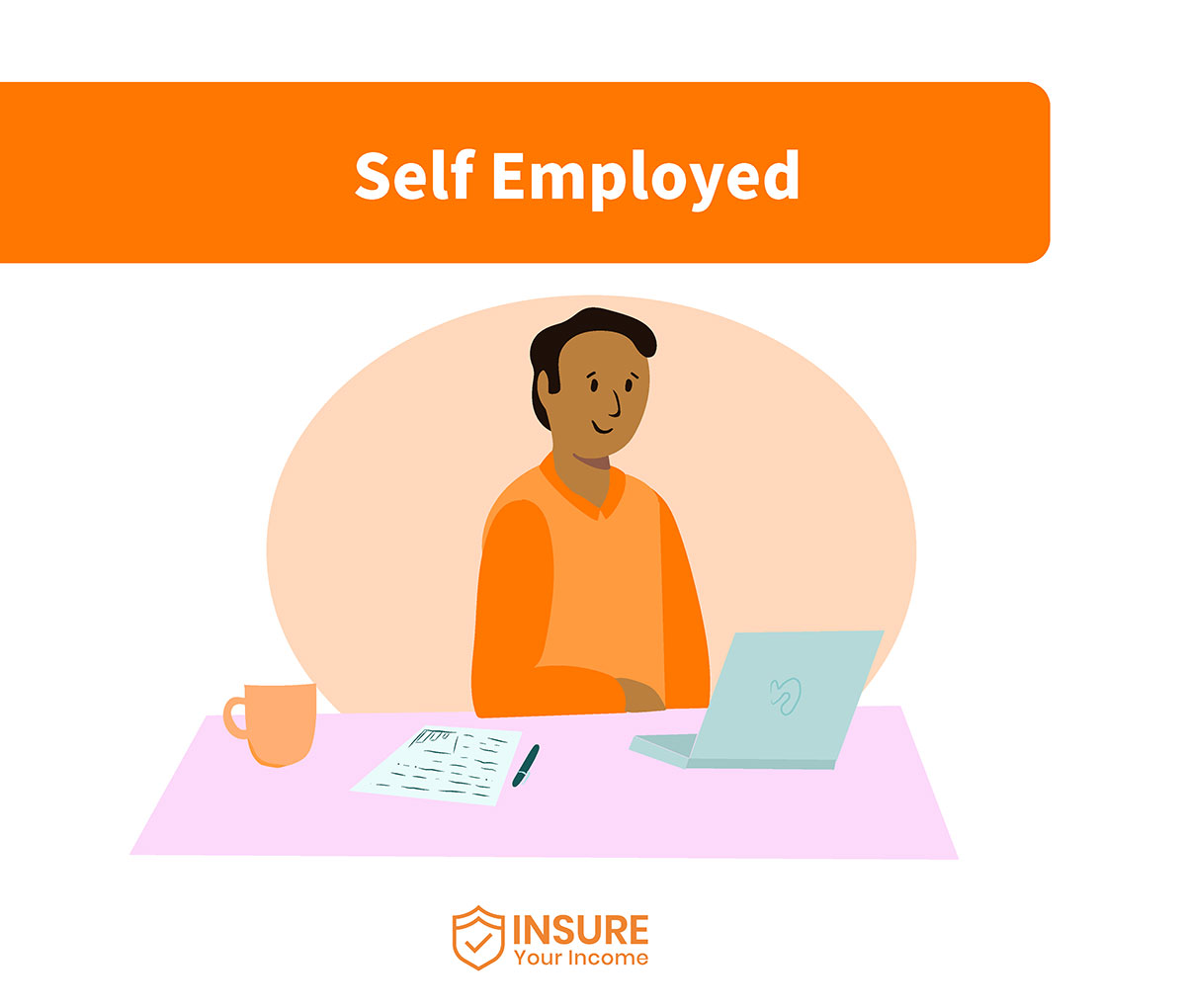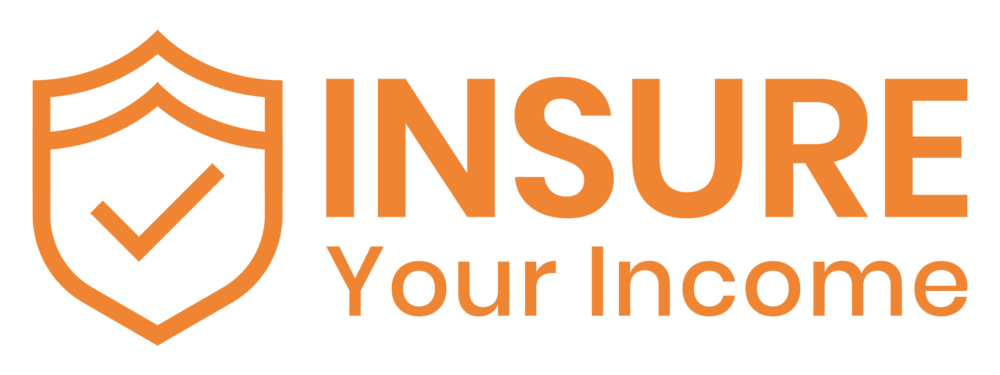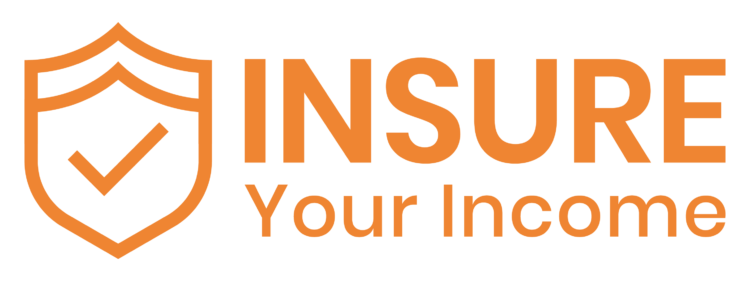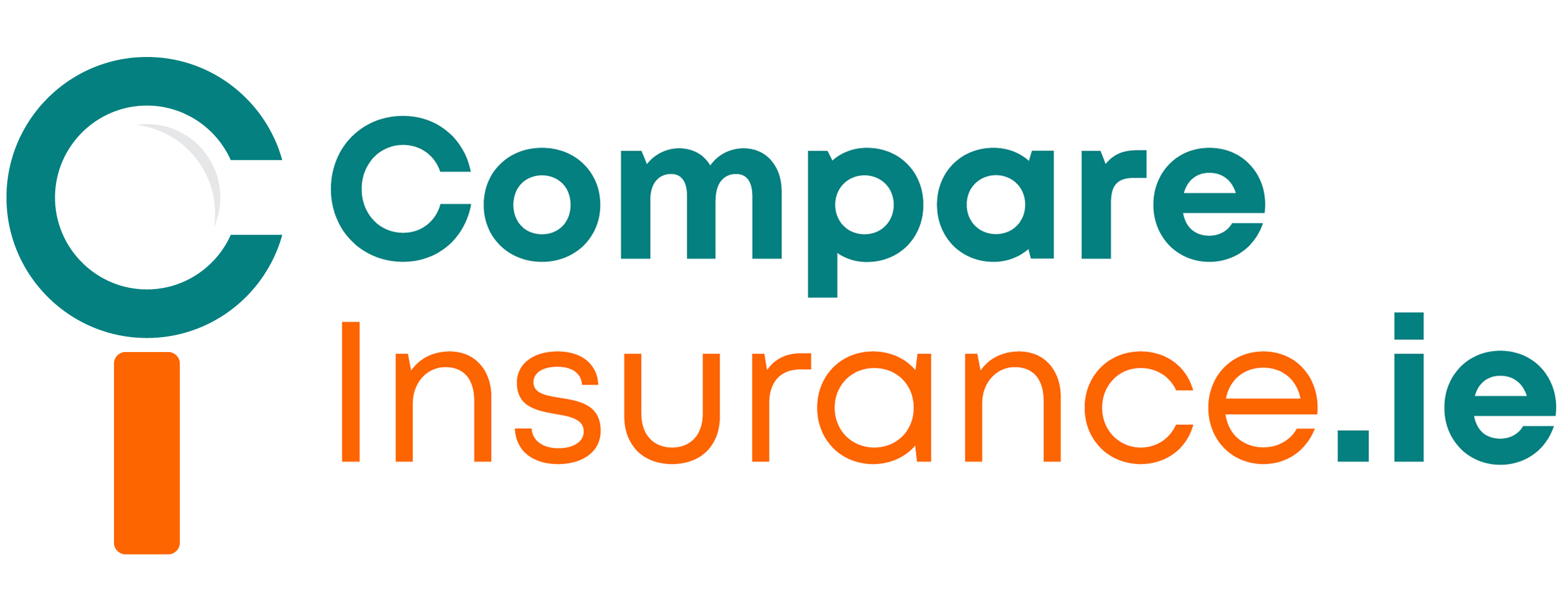Income insurance protects your income if you unexpectedly can’t work due to injury or illness.
It’s an easy way to help protect your financial future, and ensure your lifestyle and family are protected in any event.

Can an Antique Dealer get income protection insurance?
Antique dealers generally work for a store, auction house, or independently. This is a sales-oriented position where they are either visiting auctions, and salerooms to purchase and showcase items or advising their own customers on the worth and history of their items.
The primary risk to antique dealers is damage to valuable inventory, this can be caused by theft, fire, floods, and accidental breakage by clients or staff.
The calculated risk can grow depending on where products are sold, an antique dealer who moves around their items to markets and shows may have an increased risk of damage than one who stays at a permanent retail location. Therefore, antique dealers can avail of class two income protection.
Status: mild risk- insurable
Can an Artist get income protection insurance?
Artists work in varied environments and on mixed projects. Oftentimes, artists are exposed to hazardous chemicals in paint or conditions resulting in chronic pain. (For example, sculptors are prone to back pain and arthritis). Due to the health risks associated with artistry, artists can qualify for second-class income insurance, protecting them up until the age of 70.
Status: mild risk- insurable
Can a Cafe Proprietor (licensed) get income protection insurance?
Cafe proprietors can qualify for second-class income insurance. Cafe proprietors with a license face a number of added risks on top of owning and running an unlicensed cafe. Cafe owners are liable for underage drinking on their premises and certain actions of customers under the influence of alcohol. Cafe proprietors could potentially have to deal with a lawsuit if they break any alcohol laws.
Status: mild risk- insurable
Cafe Proprietor (unlicensed) get income protection insurance?
If you own a cafe but are not a licensed cafe proprietor, then you would qualify for class 2 insurance. Cafe proprietors are responsible for upholding health and safety measures for both staff and customers. Due to the number of risks in a cafe like wet floors, faulty kitchen equipment, food poisoning, and failed health inspections, cafe proprietors cannot receive full coverage insurance.
Status: mild risk- insurable
Children’s Nursery Owner (non-manual) work get income protection insurance?
Children’s Nursery Owners who do not partake in manual work (caring for and educating children) can qualify for first-class income insurance as their work is generally managerial and oftentimes office-based, where there is little to no risk to the worker.
Status: low risk- insurable
Can a Children’s Nursery Owner (with manual work) get income protection insurance?
Children’s Nursery Owners who carry out manual work and are involved in the care of children face hazards and risks to their income on the job. Safety hazards like illness spread from children, and slip, trip, and fall accidents are commonplace within a nursery. Along with this, child nursery owners working directly with children are liable for their safety. For these reasons, child nursery owners (engaging in manual work) qualify for third-class income protection.
Status: moderate risk- insurable
Can a Childminder get income protection insurance?
Childminders qualify for class three income protection. Childminders generally work in a nursery, within the home, or within the home of clients, where there are a number of safety hazards for both the child and the worker. Childminders are also liable for the safety of a child or children within their care and can be sued for damages.
Status: moderate risk- insurable
Can a Dance teacher get income protection insurance?
Dance teachers cannot avail of income protection for a number of reasons. Dance teachers are prone to injury due to the nature of their work and often experience a number of health issues such as chronic pain, and arthritis. Injuries are common for dancers and dance teachers alike and dance teachers may be found liable for the injuries of clients.
Status: declined- uninsurable
Can a Garage owner (no manual work) get income protection insurance?
Garage owners who do not engage in manual work generally work within safe conditions, sometimes within an office space, front of house, or in the garage. Garage owners can apply for second-class income insurance and protect their income up until age 70.
Status: mild risk- insurable
Can a Garage owner (some manual work) get income protection insurance?
Garage owners who partake in manual work are much more open to risk and qualify for class four income protection. Owners engaging in manual work may suffer from injury or health impacts.
Status: high risk- insurable
Can a Horse Trainer get income protection insurance?
Horse or equine trainers work alongside horses to prepare them for races, shows or general riding. Working with horses comes alongside a great risk of injury due to the large size, kicks and bites can cause serious harm to a Horse Trainer and may need intensive medical care. Protection is also needed against harm, death or illness to the horse under their care. Claims of negligence may be made against a trainer in these cases as most horses will have a very high value and veterinary bills are very expensive. A horse trainer can avail of fourth-class income insurance.
Status: high risk- insurable
Can a Mobile Hairdresser get income protection insurance?
A mobile hairdresser carries out their work outside the regular premises of a shop. They face the same risks as a hairdresser who works inside a store such as personal injury or illness. In addition, they can be exposed to secondary risks such as equipment being damaged or stolen while being stored or transported. If a mobile hairdresser works inside clients’ homes, they may be at risk of causing accidental damage to property. A mobile hairdresser qualifies for third-class income insurance.
Status: moderate risk- insurable




